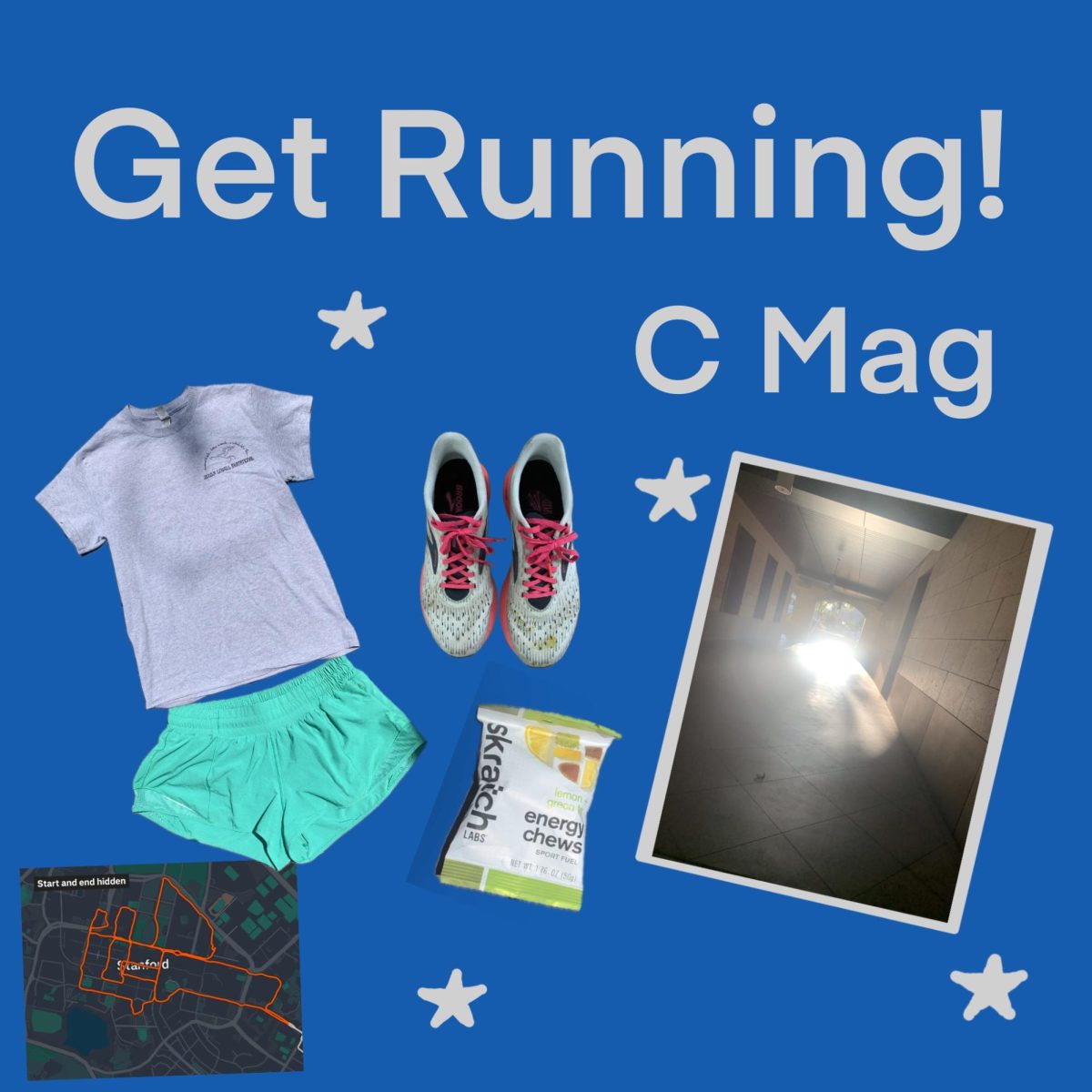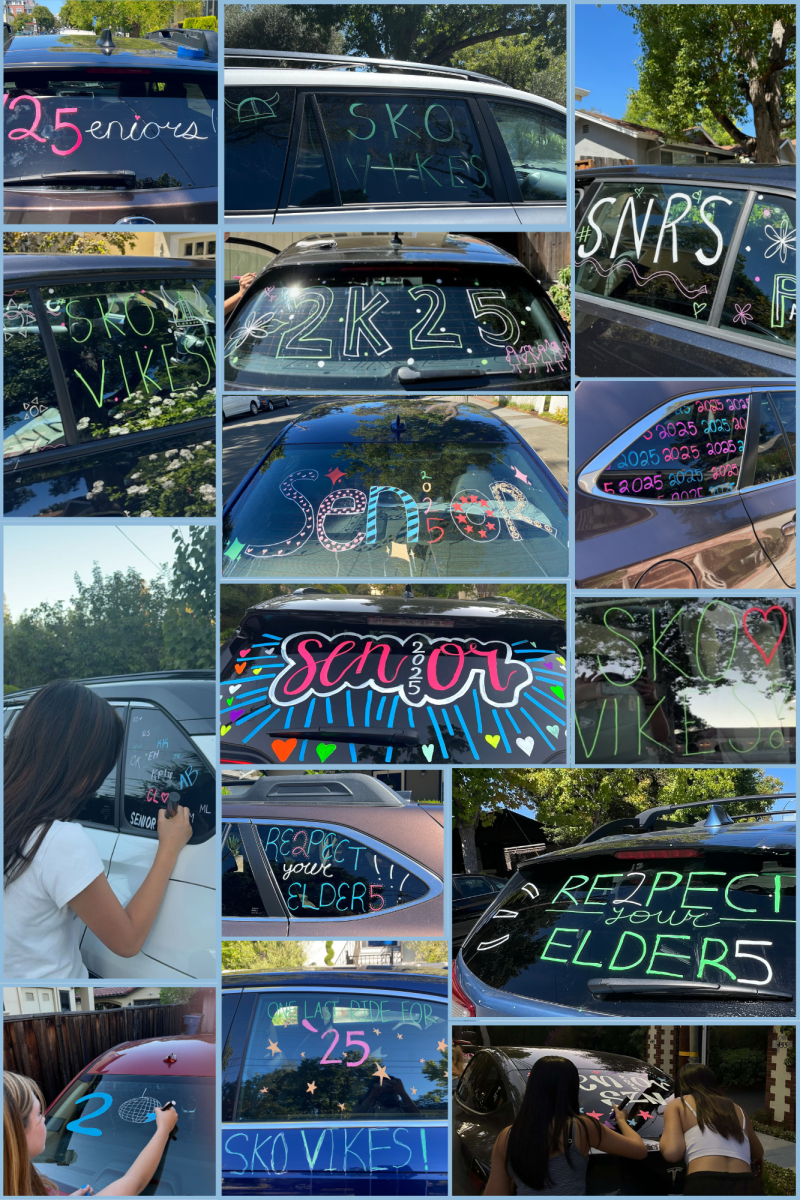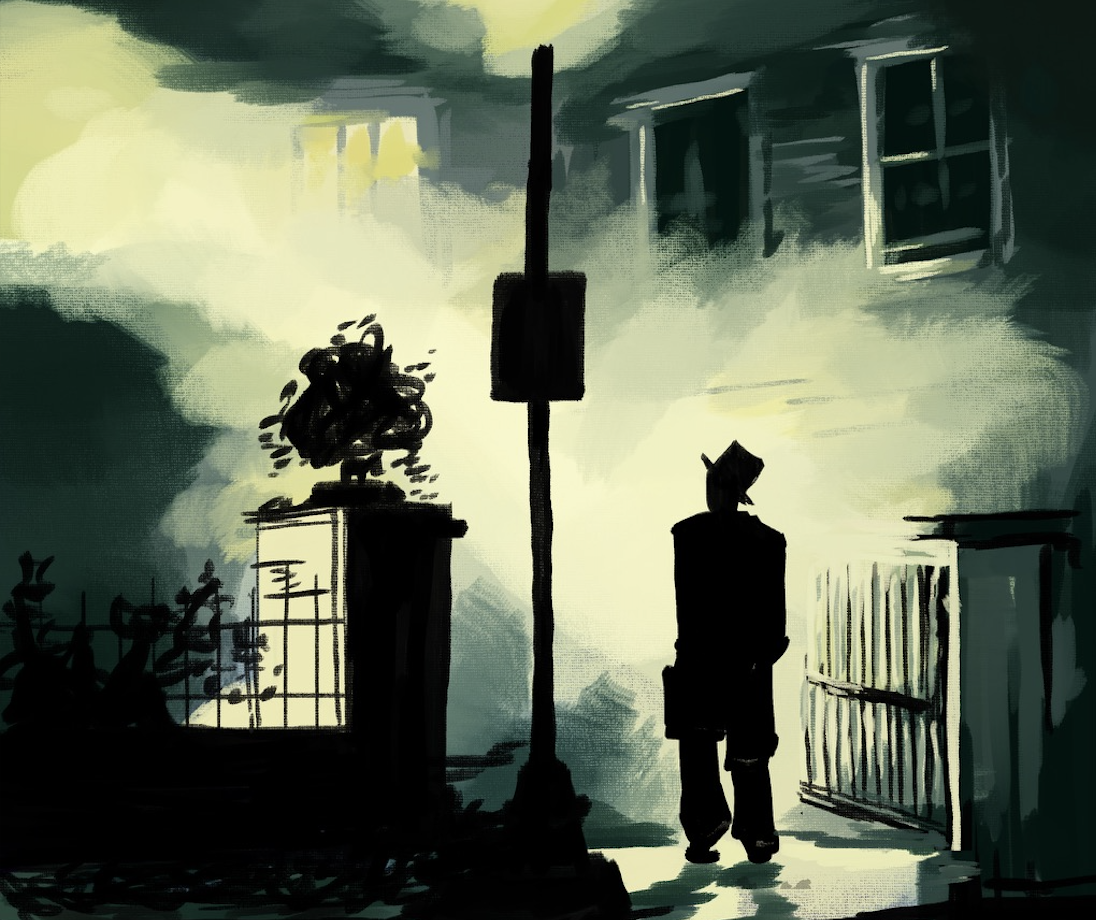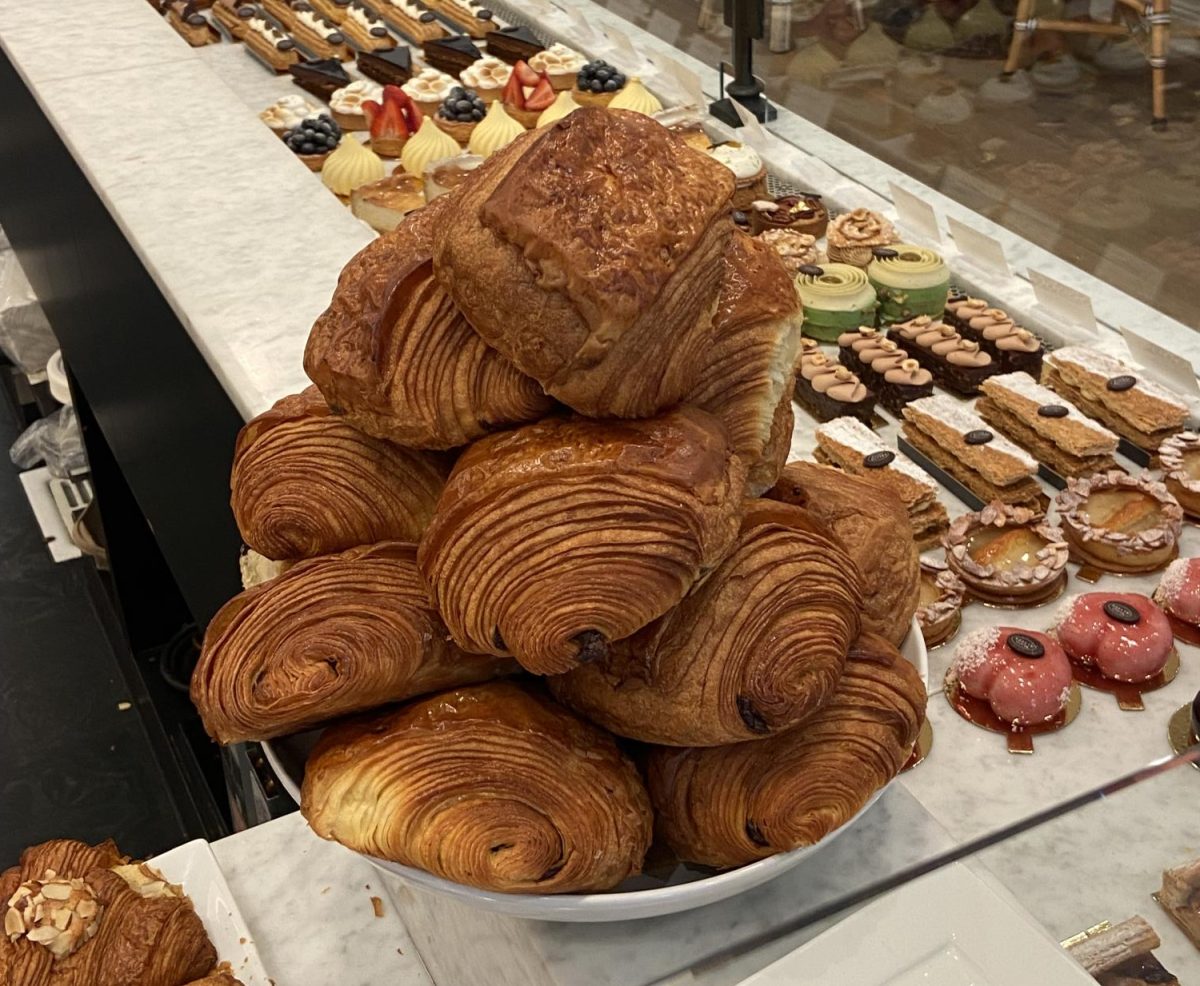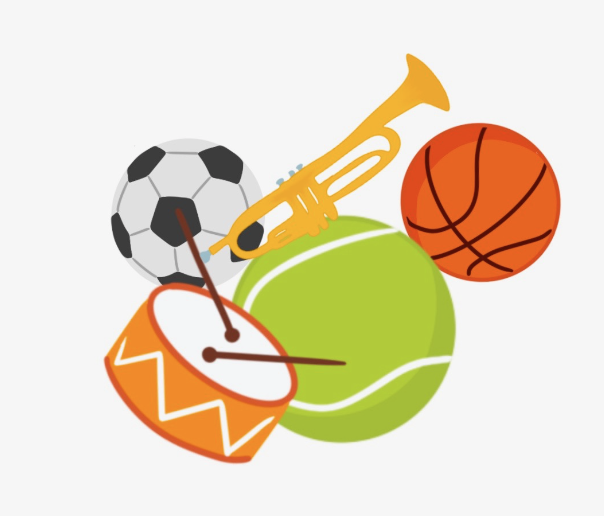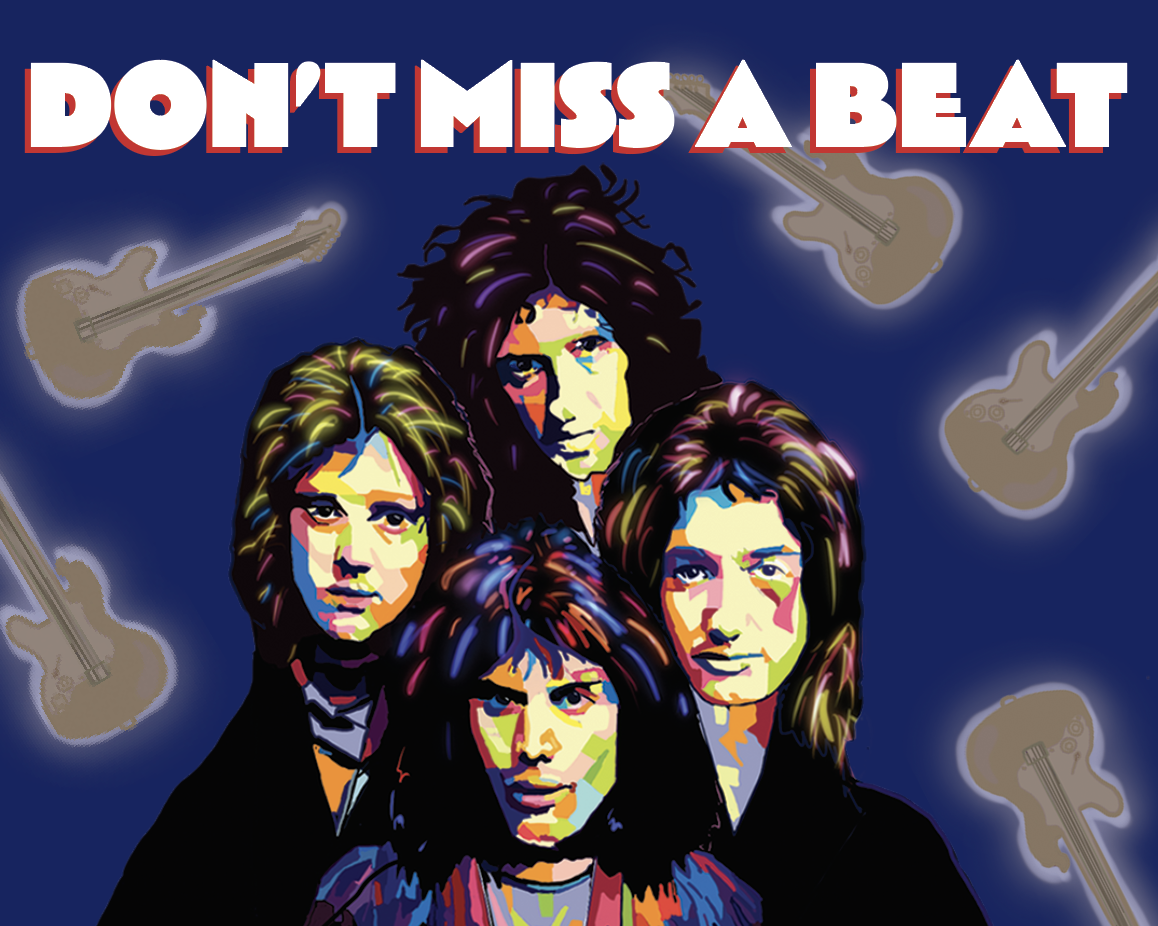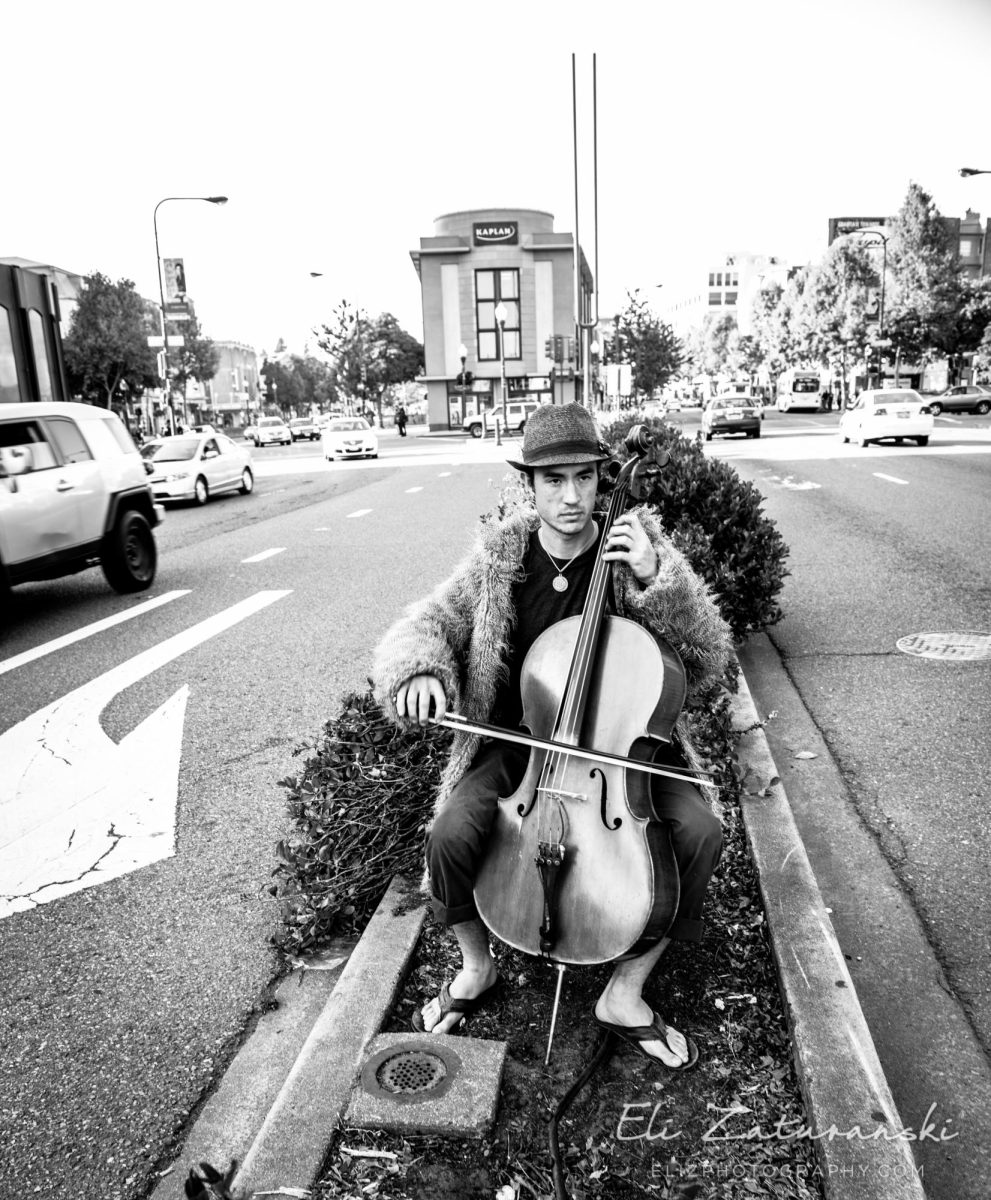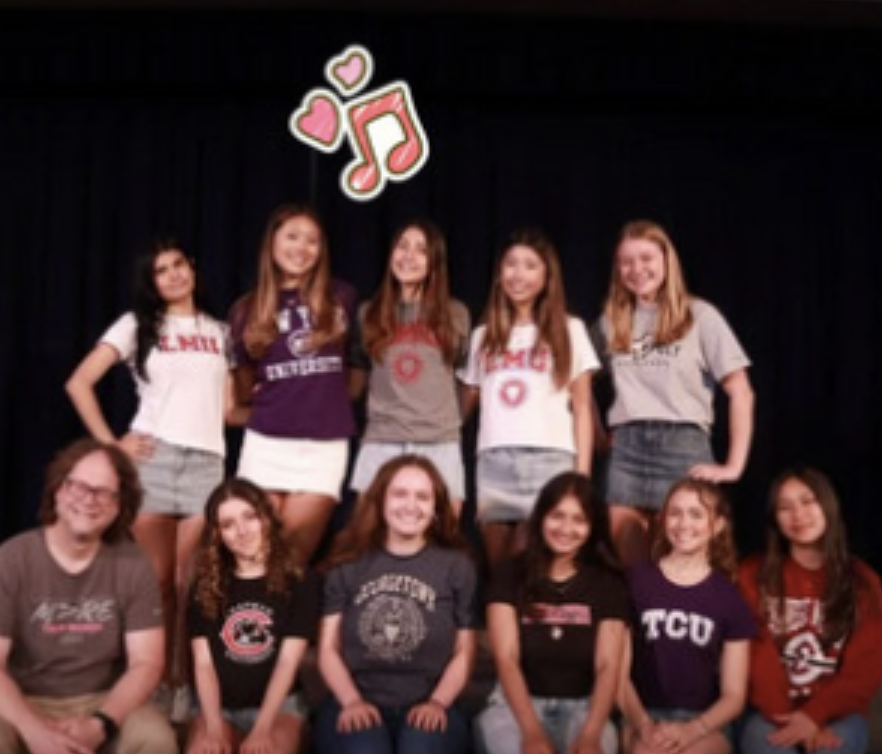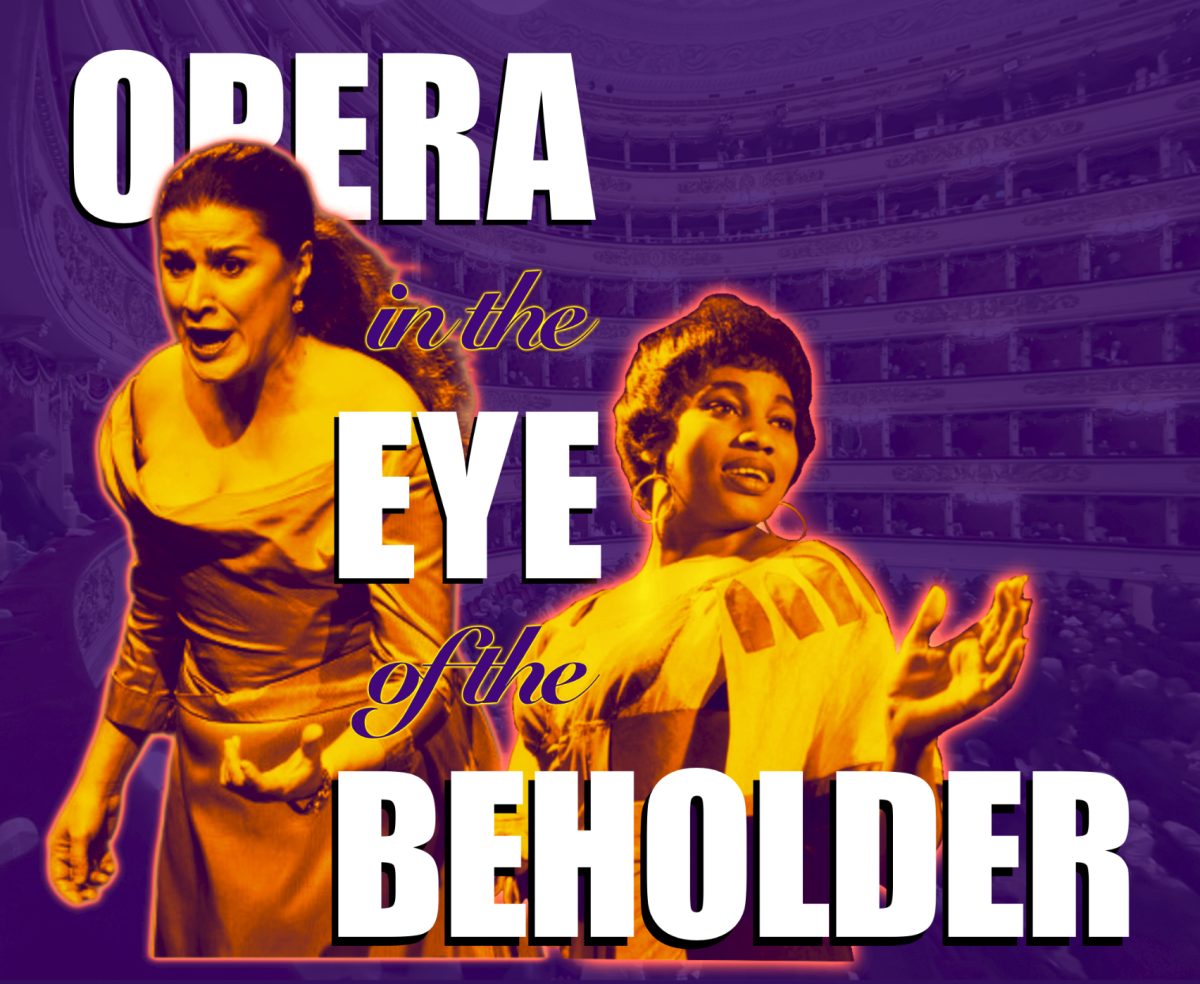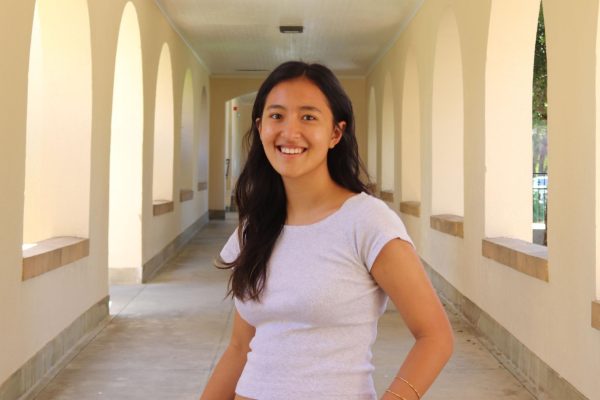An election year. For Gen Z, this usually means watching older people make promises in stale suits. The vibrant, sultry soundtrack of this election year, however, is anything but stale. Easily recognized for its iconic neon green cover, Charli XCX’s newest studio album ‘brat’ quickly evolved into more than a cultural phenomenon.
The political priorities of first time voters were especially impacted by the album drop. Dzian Tran, a Pre-Law student at UC Berkeley and co-director of the California branch of Gen-Z led organization, Voters of Tomorrow, explained the album’s sway on younger voters.
“I think it really energized our generation to see [Harris’] campaign embrace the Charli XCX brat summer, embrace the unification of Kamala [and pop culture],” Tran said. “I think it really made us more excited, because politics can seem to be super daunting, super scary.”
This fresh take on a traditional topic opened doors for candidates to engage with first-time voters. Following XCX’s tweet, which read ‘Kamala is brat,’ a spark of social media edits arose. Coupling Kamala Harris’ contagious laugh with XCX’s synth arrangements proved to be a recipe for virality.
In the upcoming November primary election, musicians, especially those with large platforms, will play a significant role in influencing voter turnout. Some voters can be swayed by their favorite artists expressing support for a political ideal.
“It’s always a positive when musicians choose to use [their platforms] to educate their fan base and to motivate them to be more civically engaged,” Tran said. “Young people are so excited to turn out to the polls because candidates can be more resonant to their culture and to their identity and what they enjoy.”
Musicians are often guided on the most effective ways to engage with their audience; whether through interviews, written press publications, or social media posts.
Carrie Tolles is the founder of TCB Public Relations, a Brooklyn-based publicity company that links the entertainment industry with social causes. She has worked with artists like Billie Eilish, Bon Iver and Grimes to engage them in conscious activism.
If musicians feel compelled to speak out, there are a variety of ways that they can reach their audience in an impactful way.
“There are so many wonderful organizations that work hand in hand with musicians and celebrities to guide them to speak intelligently about causes that they are passionate about,” Tolles said.
More than ever, fanbases– or fandoms–are influential to issues on and off the ballot. Headcount, for example, is an organization that hosts stations at concerts, festivals and other music-related events.
“Fandom organizing around this election is huge,” Tolles said. “And the amount of people who [register to vote] with organizations like Headcount that register at concerts is also huge. It’s definitely more about collective action than actions of a singular person except when it comes to someone like Taylor Swift.”
Following the Harris-Trump debate on September 10th, Taylor Swift created a post on her social media platforms simultaneously endorsing Harris and Walz and encouraging her fanbase to register to vote.
“There are few single public figures that can sway an election,” Tolles said. “But when Taylor Swift endorses a candidate, it will most definitely have an impact. They said more than 400,000 people registered to vote after she endorsed Harris — that’s massive.”
Swift’s ability to have such a large impact on her audience has prompted mixed feelings in Paly voters. For Paly senior Sean Gustavson, this raises some concerns.
“I see this as a good thing – particularly trying to get people to vote,” Gustavson said. “However, I worry that people are basing their voting decisions entirely off of somebody who they may have no relation to or do not know and should not trust based on popularity.”
With the increased reliance on social media and its ability to disseminate information, some are concerned that younger voters may be misled by false news.
As politics become intertwined with pop culture, figures in the media with large platforms have to become increasingly aware about their stances and how they influence the public.
“Historically, people always have and always will voice their political opinions,” Gustavson said. “Asking everyone to always state their stances on political beliefs and using these beliefs to judge them is not something I believe should be as prevalent as it is right now in our country, and I worry that political divisiveness creeping into every aspect of popular media is dangerous.”
Sometimes, political opinions are driven by the wrong motivations. Jim Merlis, co-owner of music publicity company Big Hassle Media, served as Nirvana’s publicist and worked with musicians such as Snoop Dogg and Weezer. Currently, Merlis oversees PR campaigns for genre-shifting artists like Kesha, The Lumineers and $uicideboy$. Despite his formidable resume, Merlis has had plenty of difficult situations in the world of celebrity advocacy.
“John Oliver on HBO, did a thing about [one of my] bands on tour,” Merlis said. “He wanted to say that they were carbon neutral because they were planting a lot of trees. I was asked to approve that and I refused to send out a press release because I think it’s disingenuous.”
A musician’s voice in politics can mean a lot if it is honest and cited. Although Merlis does not support censorship, he is a firm believer in research.
“Lots of times, I’ll have artists who want to voice their opinion, not necessarily a political opinion, even to support a cause,” Merlis said. “My thing [policy] is that you better do your homework if you’re going to go out on a limb on this.”
Speaking out is never done without risk, especially if someone has a large platform. Artists experience backlash on the regular, even about ‘uncontroversial’ topics.
Today, digital forms of political engagement can result in a drastically different impact than how musicians have expressed their political opinions historically.
“The interesting thing during the 60s was that advocacy was in their music, in the songs themselves.” Merlis said. “You’re seeing less of that now; you see it more on social media.”
However ostracizing social media may feel, posts and opinions can be seen by real people. Whether a post can incite social or political change is undetermined.
“People are talking about their social life, their dating life and speaking out all in the same place,” Merlis said. “Even if an artist’s intentions are good, sometimes their words are not really helping matters. They have to go deeper than [a press release].”
Musicians are bound to lose support for anything they say. Most viewers make their own decisions about who to listen to and engage with online.
“I think it’d be naive to think that if you [an artist] did something that was even remotely controversial, that you’re not going to get some kind of blowback,” Merlis said.
Aashi Jhawer, the other co-director of the California chapter of Voters of Tomorrow, also a sophomore at UCLA, believes even encouraging participation in democracy can be an important act.
“I do think that if you have a large platform, it would be amazing if you use that to educate and motivate this fan base,” Jhawer said. “Not necessarily to endorse any particular candidate, but even just asking them [fan base] to come out and vote. Show them how you can vote and where you can access your ballots.”
When musicians gain popularity, their art becomes linked with them as a person; their online presence and live shows have an impact on their audience.
“I think if it’s an artist, their platform was probably built on their music and their musical abilities,” Jhawer said. “But I do believe that everyone, when you come into the spotlight, you have a set of followers and a duty [to those followers].”
As a 20-year-old singer-songwriter with over four thousand monthly listeners, first time voter Elizabeth Wong believes the choice to use a platform depends on the comfort levels of the artist.
Sometimes an artist will feel pressured to do something or be vocal about an issue. This may or may not yield positive results for the artist and their emotional boundaries.
“I think it’s totally up to the artist,” Wong said. “Having a huge platform can be scary and I’ve faced lots of issues even with a small platform, so I don’t think anyone with a bigger platform should be forced to post and engage in politics.”
Starting college, Paly alum and musician Max Rabbitt reflects on his experience being a politically engaged voter.
“I’m planning to vote; I’m 18,” Rabbitt said. “I just want artists to express themselves and just hear their different opinions, because [I think] that music is one of the ways that we hear stories from people with different perspectives than us and different life experiences than us.”
Even with the development of online advocacy, music itself can still be a platform for expression and change. Within a song, lyrics, motifs, and other elements can convey underlying messages.
“I think one role that musicians play is to share their own perspectives through their songs and what they say publicly.” Rabbit said. “Music is very important in American life, so I think they [musicians] play an important role.”
Musicians, regardless of their popularity, hold cultural and political beliefs. Whether they choose to share these beliefs or not, their impact is undeniable. For voters who grew up in a world where social media and digital news are the norm, musicians are in the political spotlight more than ever.
Along with her work representing musicians, Tolles has curated philanthropy and public relations campaigns for politicians including Bernie Sanders and Elizabeth Warren.
“Having worked with both politicians and musicians, I see that they are way more alike than they are different,” Tolles said. “Politicians are more punctual but they both have a message that they want to reach the masses with and a way to do so.”
PDFv&v

